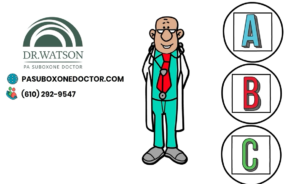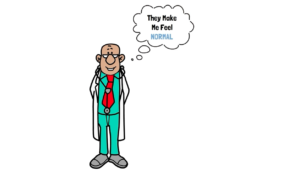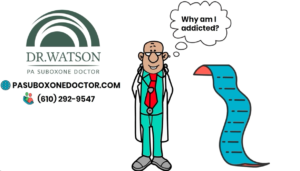Nearly 17% of Americans struggled with a substance abuse disorder this past year. An imminent public health crisis in the US, Alcohol Use Disorder (AUD) and OUD (Opioid Use Disorder) are now being studied more. There has been a surge in innovative treatments for these addiction disorders. In this blog, we will explore the various kinds of medications for alcohol use disorder and opioid use disorder, what medication-assisted treatment is, and how it can yield significantly better health outcomes for recovery.
Medication-Assisted Treatment
Medication-assisted treatment (MAT) is an innovative treatment method involving medication to complement therapy. In the substance abuse field, MAT plays a vital role in achieving better health outcomes. Let’s delve into the various types of medications for alcohol and opioid use disorder.
Medications for Alcohol Use Disorder (AUD)
1. Enzyme Inhibitors: Blocking Metabolism to Create Aversion
Disulfiram (Antabuse) is an enzyme inhibitor that causes a buildup of acetaldehyde in the body when alcohol is consumed. This can literally make you feel unwell, causing effects like nausea, vomiting, headache, and flushing. The idea here is that the unpleasant side effects cause individuals to stop drinking.
2. Opioid Receptor Antagonists: Blocking the Euphoric Effects of Alcohol
Naltrexone (Vivitrol) is an opioid receptor antagonist that blocks any pleasurable effects of drinking. This helps reduce alcohol cravings and any desire to drink. Additionally, Naltrexone can serve as a medication for Opioid use disorder as well, working in a similar way.
3. Neurotransmitter Modulators: Balancing Brain Chemistry
Gabapentin acts as a GABA analog, modulating neurotransmitter release. This helps significantly reduce alcohol cravings and withdrawal symptoms.
Medications for Opioid Use Disorder (OUD)
1. Opioid Receptor Antagonists: Blocking the Effects of Opioids
Naloxone (Narcan) works by rapidly displaces opioids from their receptors, reversing the effects of opioid overdose and restoring normal respiration in individuals who might be experiencing life-threatening respiratory depression.
2. Opioid Agonists and Partial Agonists: Activating Receptors to Reduce Cravings
Methadone is A long-acting opioid agonist that activates opioid receptors in the brain. It reduces cravings and withdrawal symptoms without producing the pleasurable high of shorter-acting opioids.
Buprenorphine (Suboxone) is a partial opioid agonist that partially activates opioid receptors, providing enough stimulation to reduce cravings and withdrawal symptoms. It can significantly limit the risks of misuse and overdose, with its ceiling effect and thus, is a safer option for long-term treatment.
If you are curious about any of these medications and are looking for help for yourself or someone you know, reach out to Dr. Watson in today. With over 17 years of experience as an addiction specialist, Dr. Watson can provide MAT and individualized treatment plans to get you on the path to recovery. Finding the right provider is essential to a smooth recovery. With three locations, one in Philadelphia, one in King of Prussia, and one in Norristown, Dr. Watson also provides telemedicine visits for patient convenience.
Life-Saving Results of MAT
Now that we’ve explored different types of medications, let’s take a look into why MAT works so well. A study from the NCDAS shows that over 96,000 people die from drug overdoses in a year. Opioid overdoses make up 72% of those deaths. However, medication-assisted treatment can drastically reduce the chances of an overdose. People with OUD who received treatment with buprenorphine or methadone were 80% less likely to die from an opioid overdose.
The value of medication-assisted treatment is unmatched. According to one study 58% of MAT participants reported better living conditions, and 66% reported better improvement in employment after the program. A newer, more innovative and personal approach to addiction treatment, MAT is the future of long lasting health outcomes. If you’re in the Philadelphia, Norristown, or King of Prussia and looking for a medication-assisted treatment provider, do contact Dr. Watson to learn more today.
Sources:








